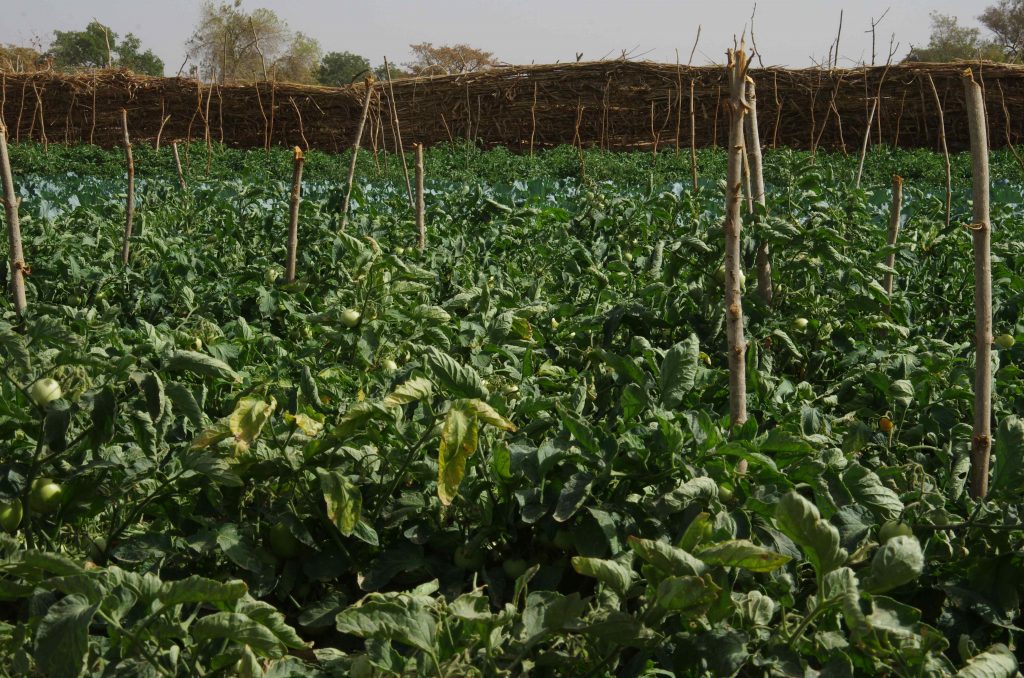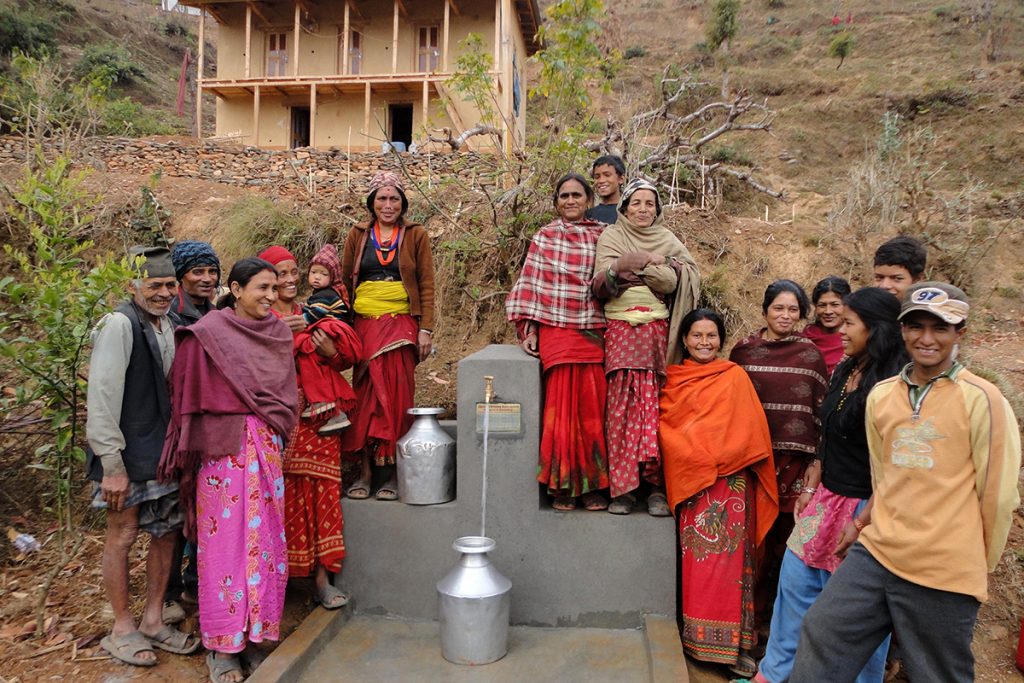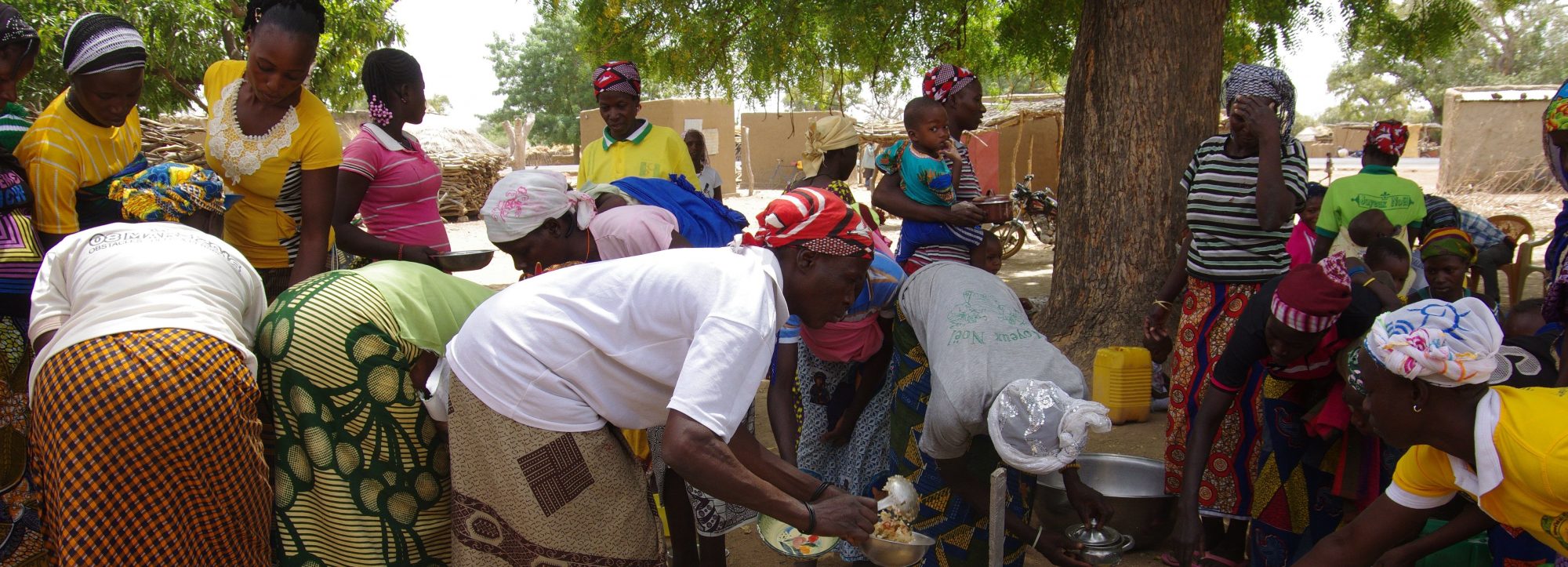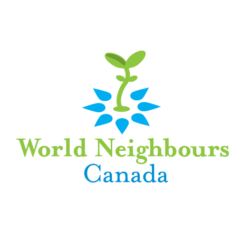 By Bruce Petch,
By Bruce Petch,
World Neighbours Canada takes a practical approach – we want to help people achieve tangible improvements in their lives. Nonetheless it is useful to keep track of trends in international development from a wider perspective. Over the last few years, there has been a lot of attention paid to the “Sustainable Development Goals”. These goals were adopted by all United Nations member states in 2015. There are 17 goals. Goal 1 is no poverty, Goal 2 is zero hunger, Goal 10 is reduced inequality and Goal 13 is climate action, to name a few. They are intended to apply to all countries, not just developing countries. And a key part of the concept is that all the goals are interconnected. The goals (often referred to as the “SDGs”) seem to be mentioned in just about every meeting and document that touches on international development. The high profile of the sustainable development goals has helped to draw attention to the struggles faced by people around the world who are trying to grow enough food for their needs, find enough water, and survive drought and other natural disasters.

World Neighbours Canada supports the goals, especially the ones central to our mission like no poverty, zero hunger, gender equality and climate action. But we look at the goals from a “results on the ground” perspective. If our programs can be stronger by taking a more integrated approach – for example, the gender equality implications of increasing food crop production – we embrace the concept of the “SDGs.” Our partner organizations have a deep understanding of the connections between the different goals. For example, in Nepal our partner organization has been focusing on goal 6 – clean water and sanitation – but the outcomes they are aiming for are goals 3 (good health and well-being) and 6 (gender equality; women and girls do most of the water-carrying). In Burkina Faso, food security and child malnutrition are critical issues. Our partner organization works in an integrated way towards zero hunger, good health and well-being, gender equality and no poverty. In Honduras, our partner is embarking on a new initiative to provide entrepreneurial training and support for young people in rural areas, touching on goal 8 (decent work and economic growth) and goal 4 (quality education). In every country, we have a long history of ecological approaches to agriculture, which fits with the environmental goal called life on land (number 15).

The Sustainable Development Goals provide a useful framework for a coordinated approach to the alleviation of poverty and better management of finite resources. World Neighbours Canada is inspired by these goals to support our partners in ensuring that people’s lives are impacted in meaningful ways, rather than focusing narrowly on specific outcomes.

